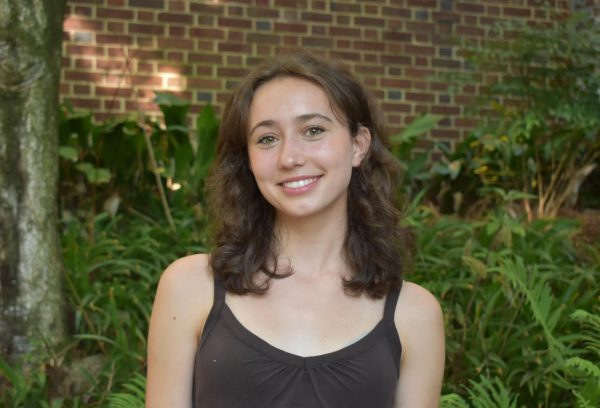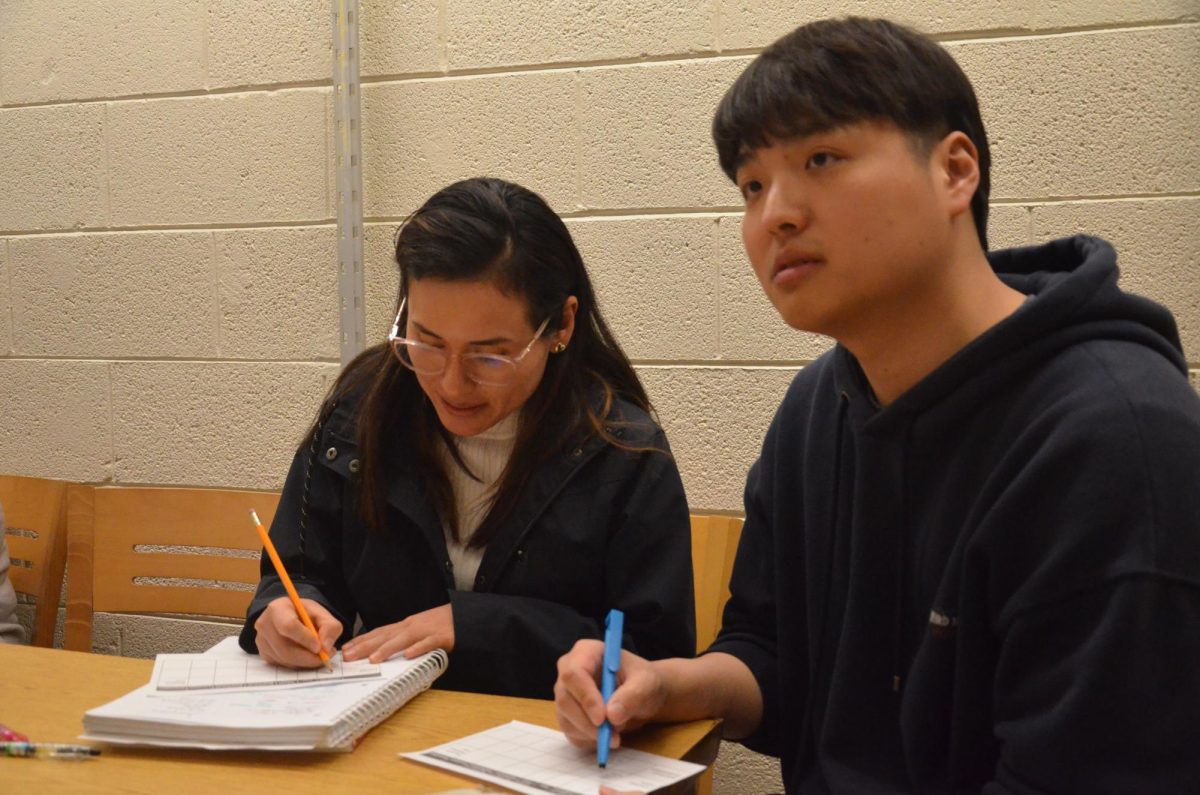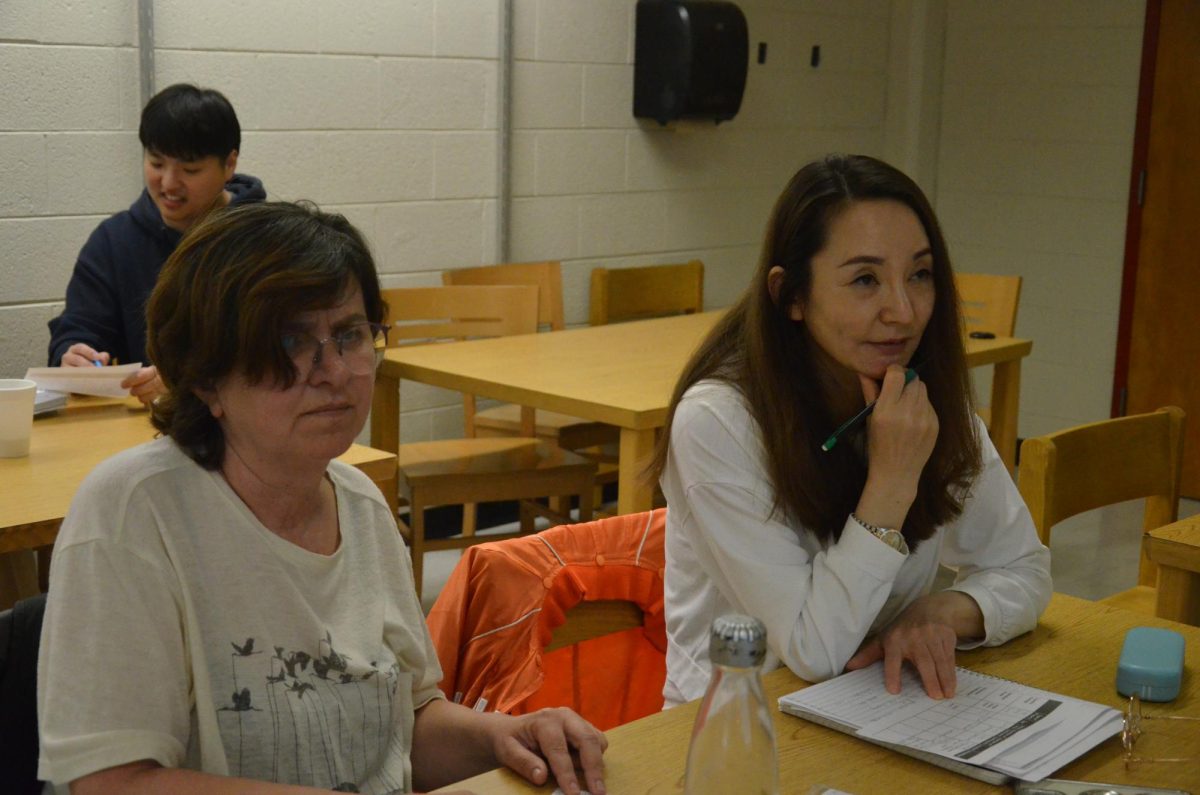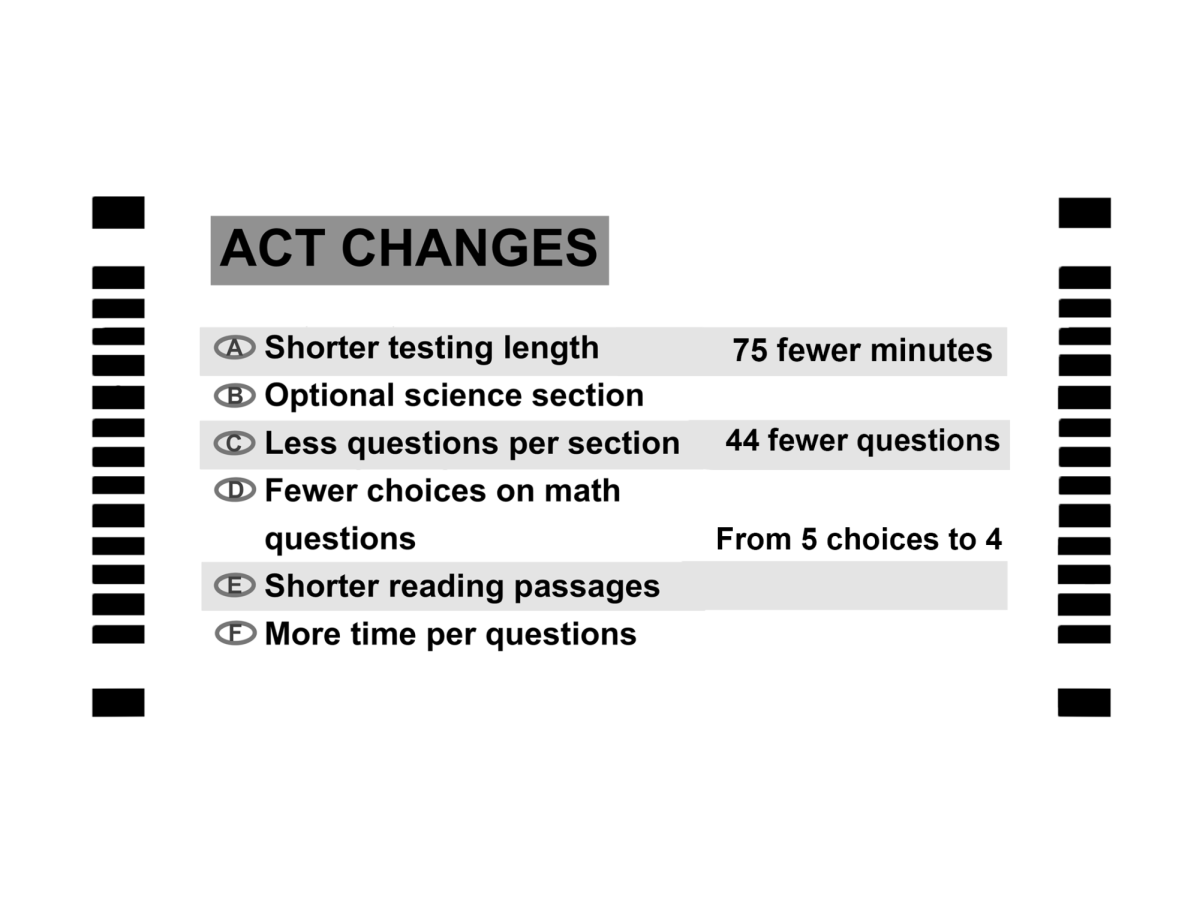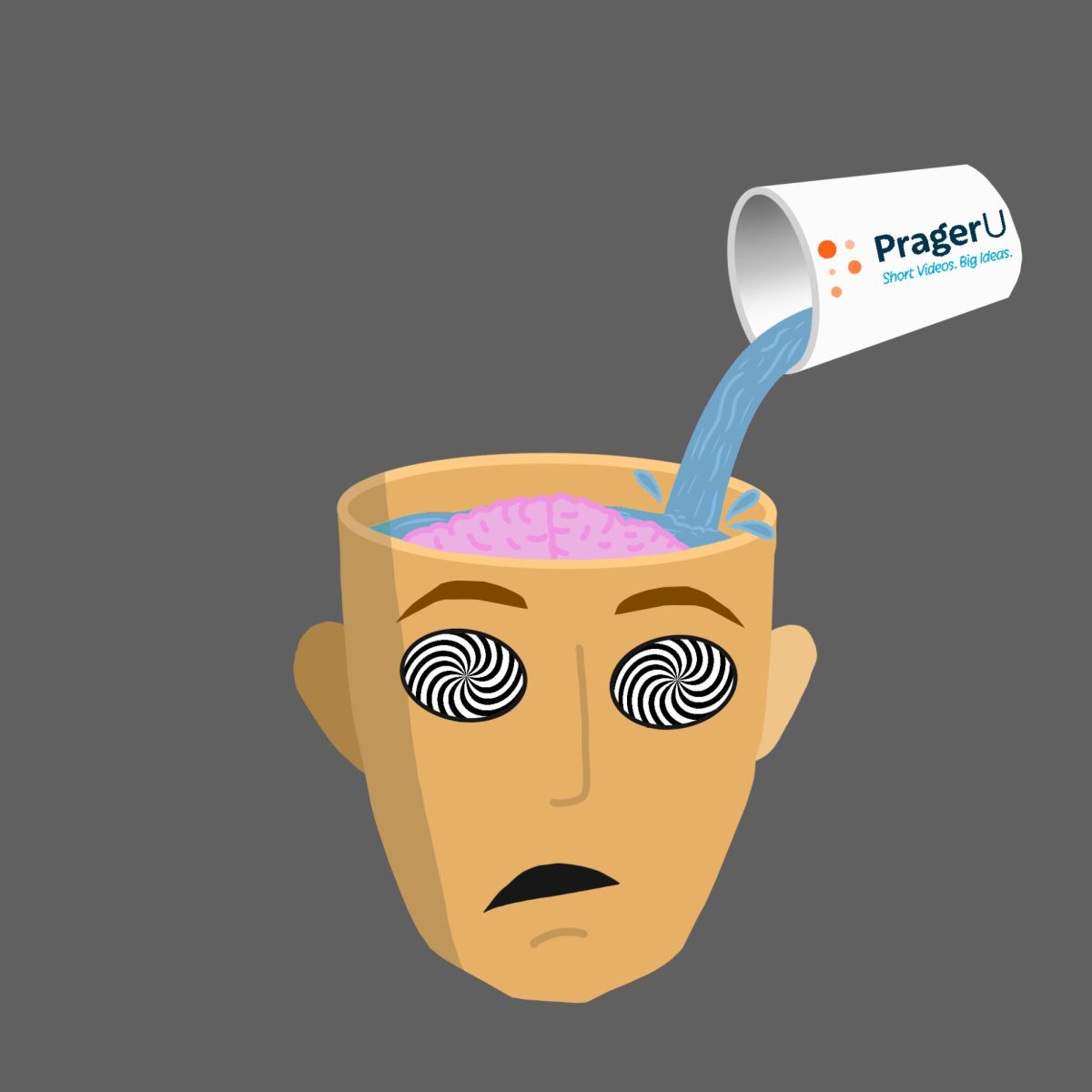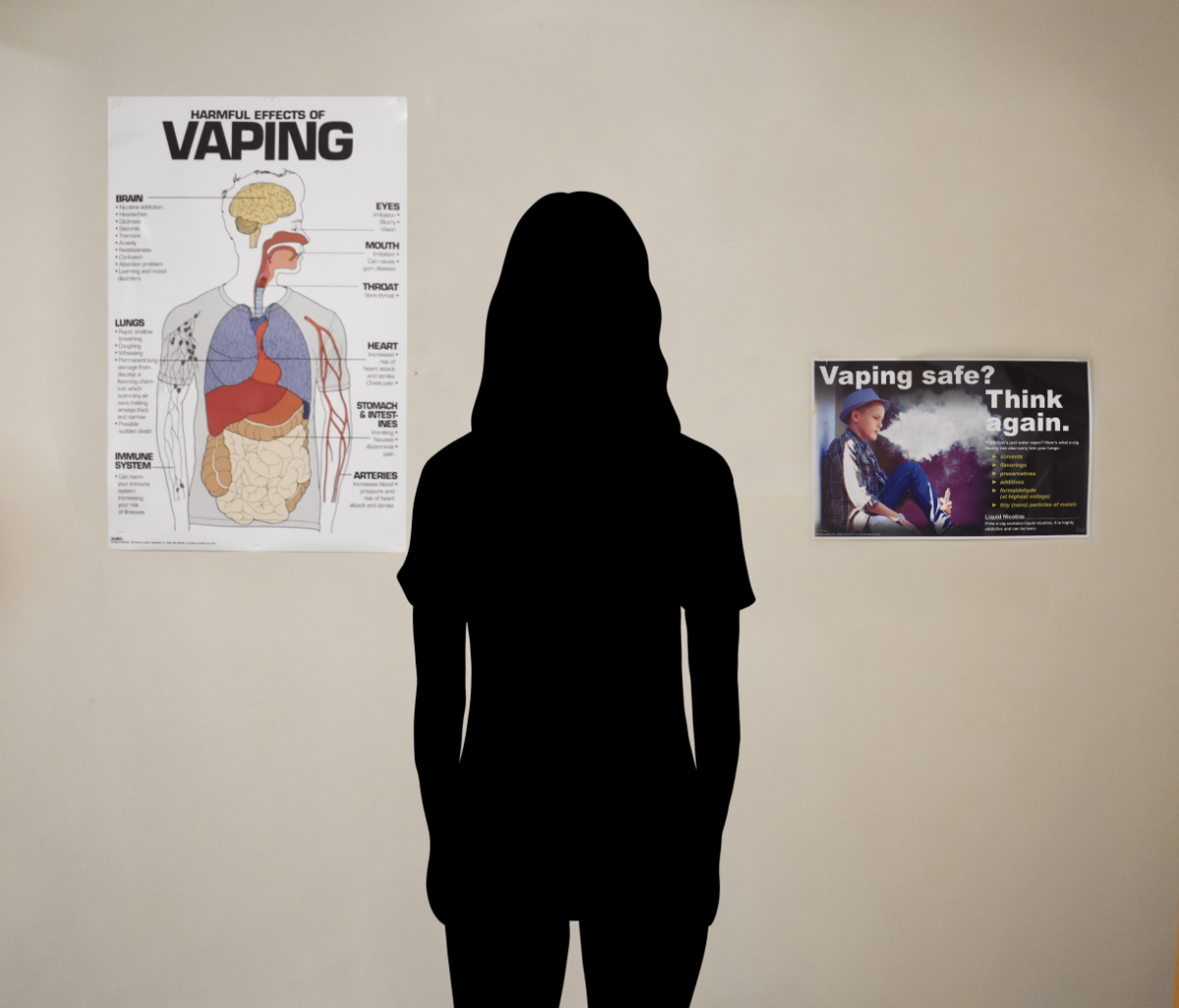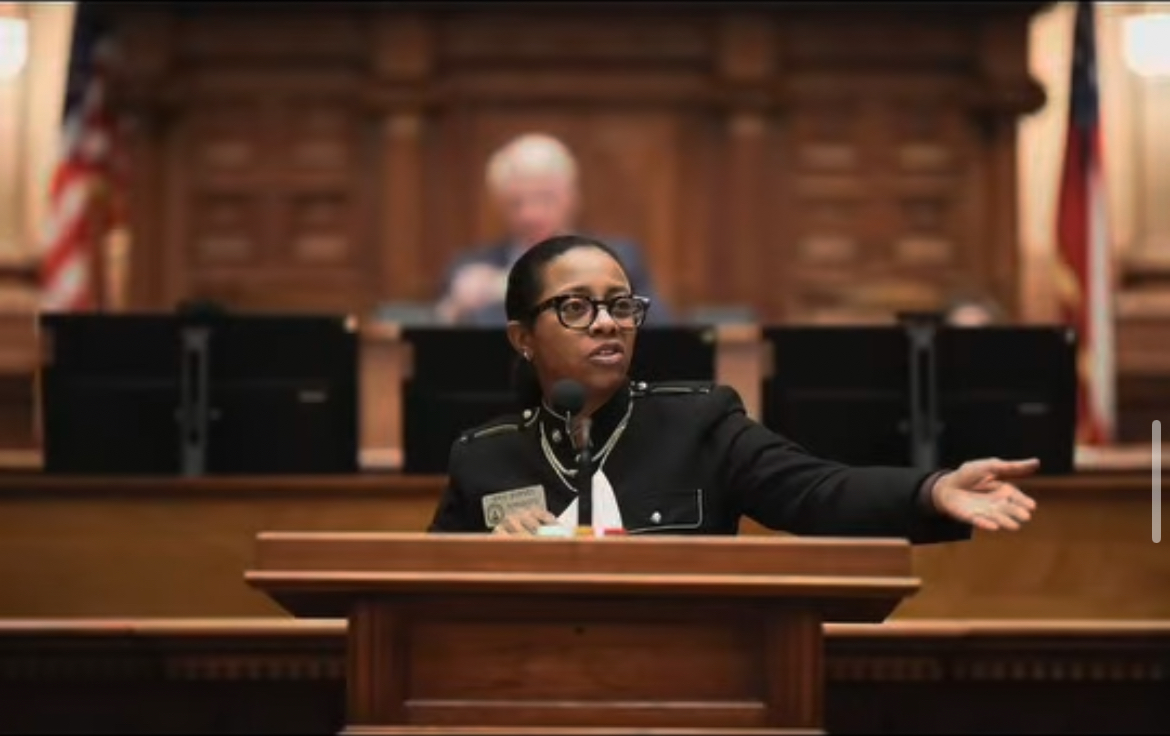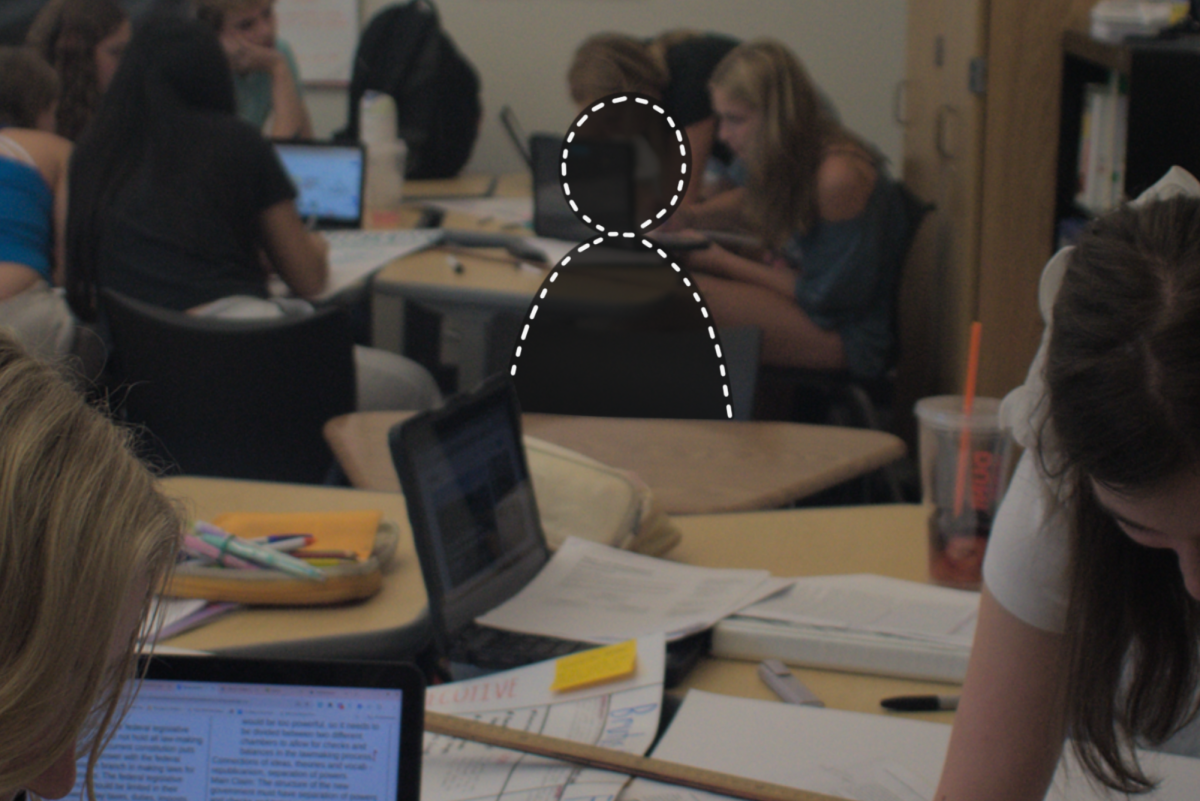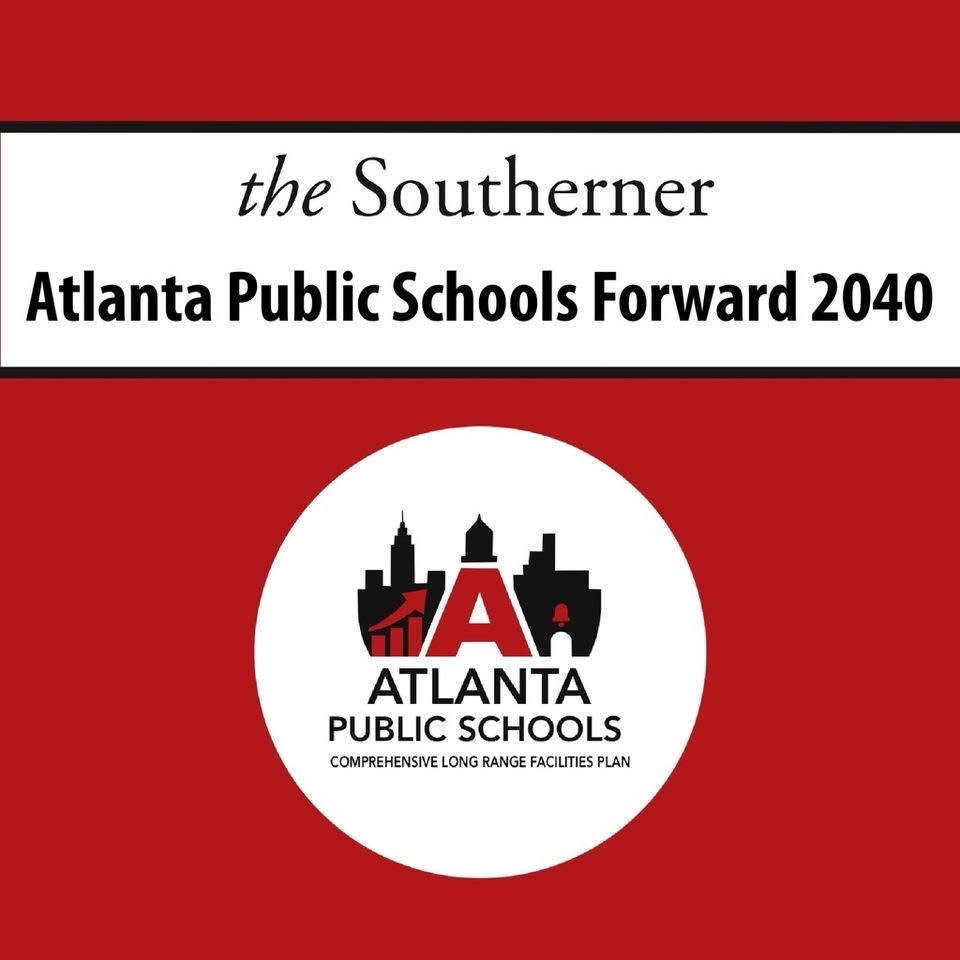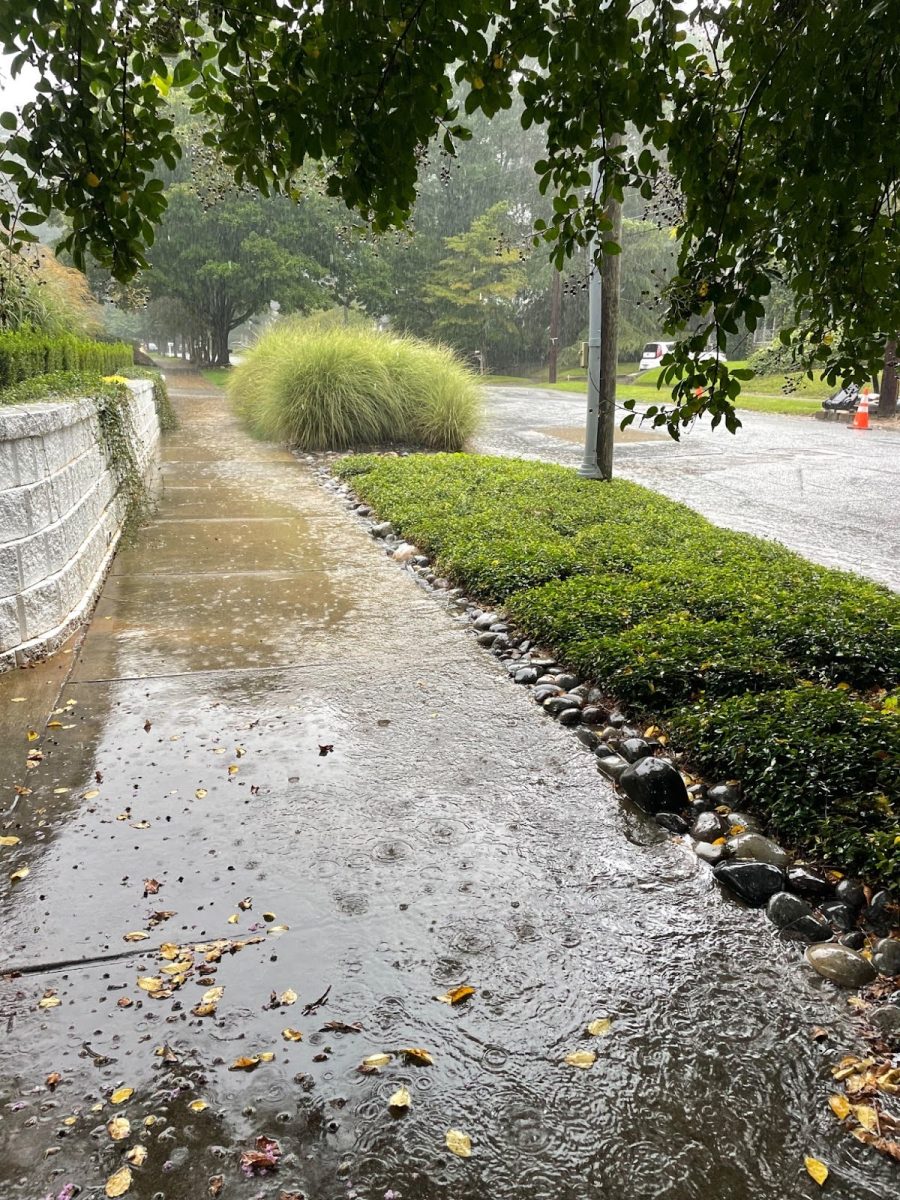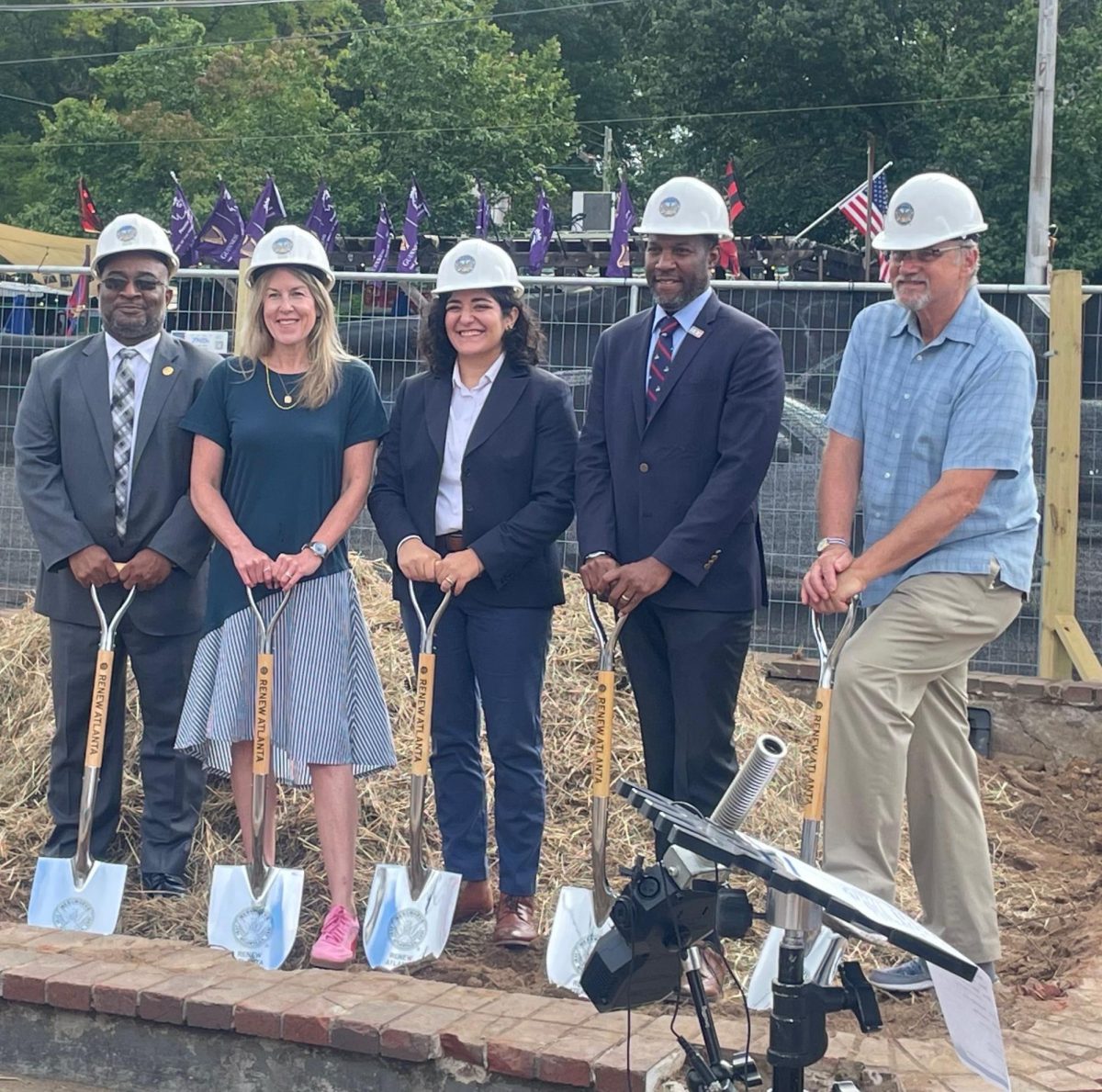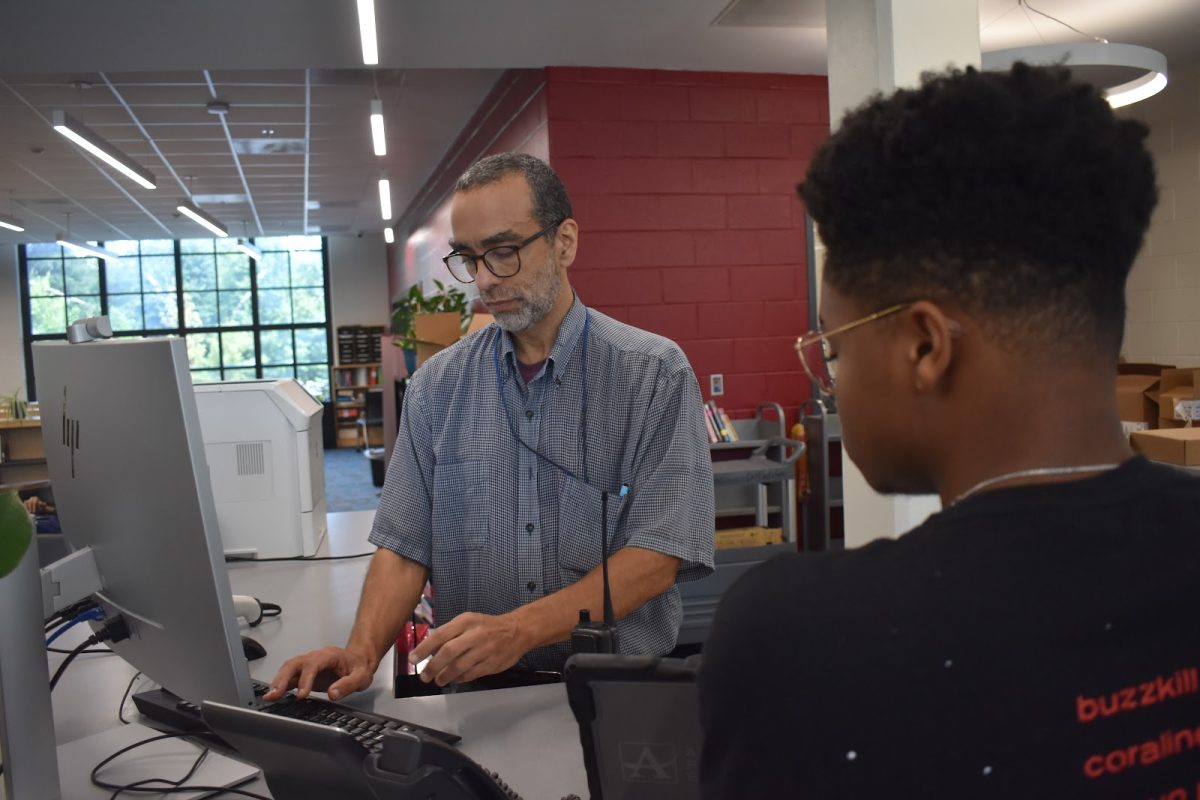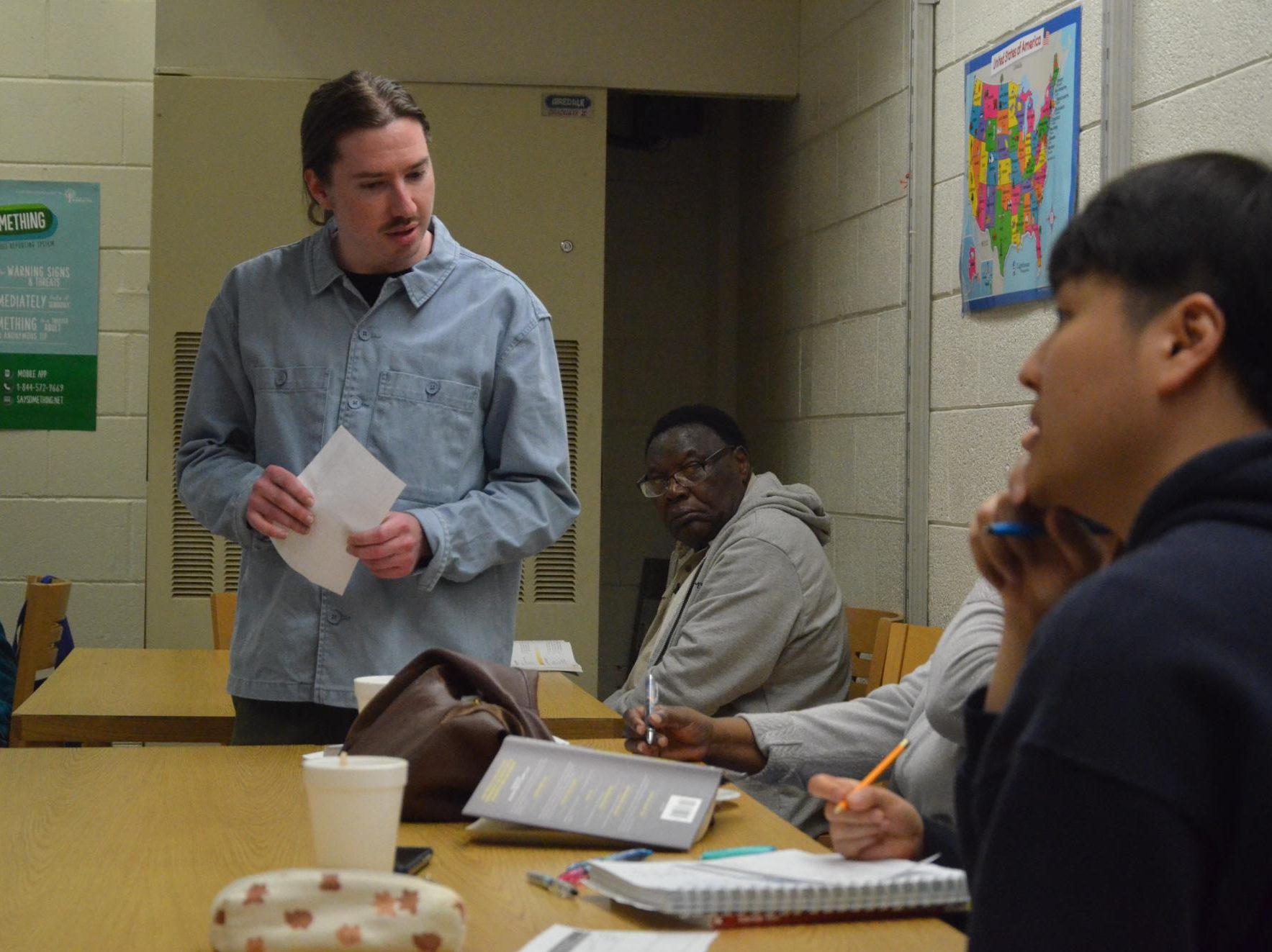
District addresses gap in adult education, strives for literacy recovery
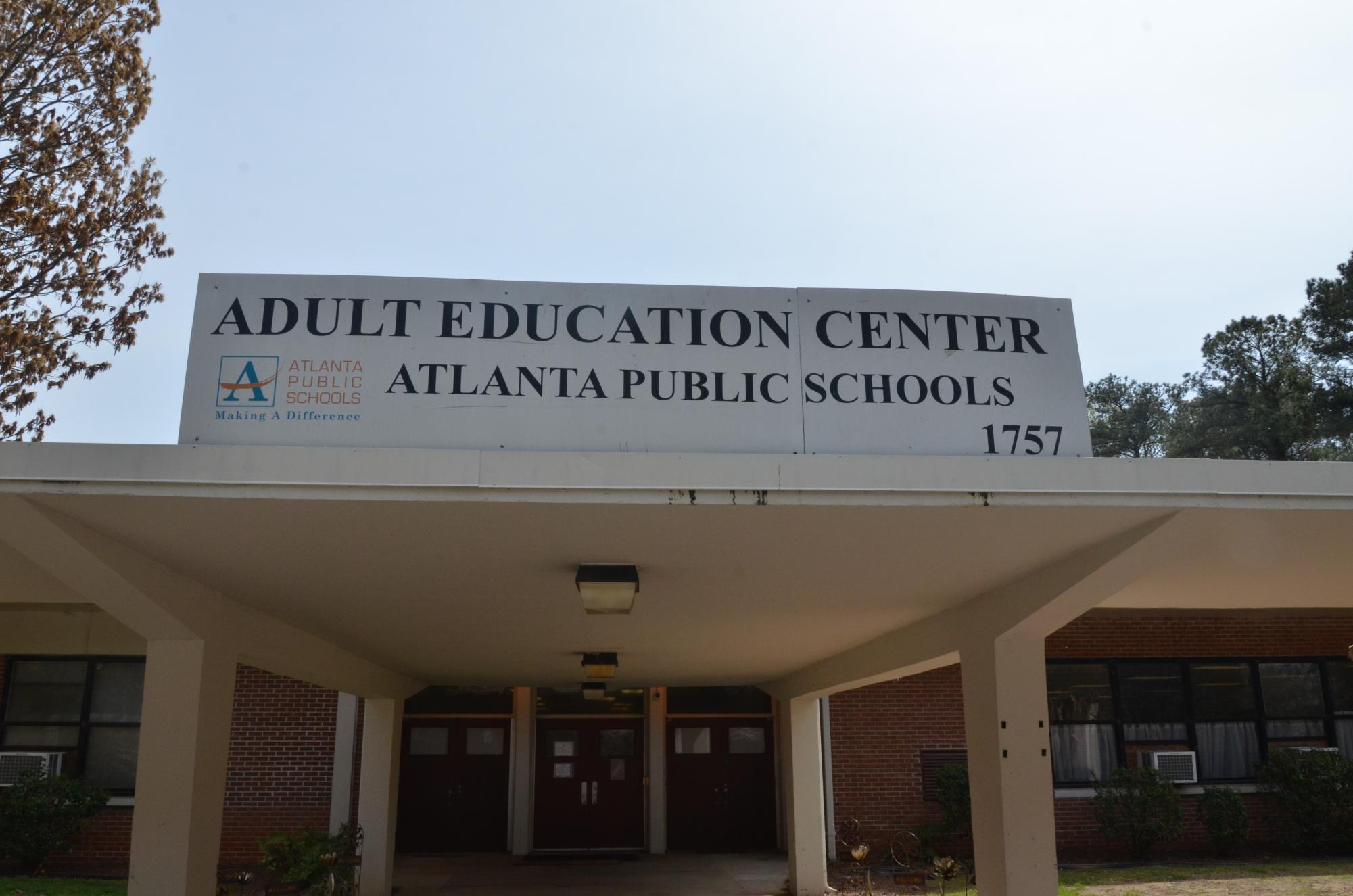
Every Wednesday, Joe Osborne starts a 12-hour shift teaching over four English as a Second Language (ESOL) classes at the Atlanta Public Schools Adult Education Center. As one of several teachers in the program, he observes the progression of students in his classes.
“Students often come in shy and reserved,” Osborne said. “They may have only been in the U.S. for a month. But, over the weeks, they start to smile and be themselves, and I see friendships blossom. It is such an important experience that lets someone speak with their kid’s teacher.”
The Adult Education Center offers ESOL programs, GED courses for high school credit and career training courses. Osborne believes these programs are vital for some families’ economic stability and culture.
“The GED is the standard of what people need to get a job or go to school,” Osborne said. “Many jobs require you to be 18 or older and have a GED; it is so incredibly vital for people. Many GED students are ones who don’t quite fit the mold of the standard K-12 [curriculum], including those who are neurodivergent or have learning disabilities. This is such an important resource for those people.”
Monique Brown has served as the APS Adult Education Program Administrator since October of 2023. She believes there is high demand for the district to invest in funding for the facilities.
“There needs to be a higher awareness of the communities that we serve as APS that starts with a high school education or basic skills,” Brown said. “At the same time, it is important to understand how influential earning high school credentials can be in access to job opportunities, which allows us to take better care of ourselves, and even more importantly, take better care of our families and households.”
Sevda Gunesen is currently enrolled in ESOL classes at the center and believes they have elevated her social communication abilities.
“I moved here four years ago from Istanbul, and my daughter is currently a student at Georgia Tech,” Gunesen said. “Taking these classes has been important for me, as I have moved here, because I can talk to people now in public.”
APS interim Superintendent Dr. Danielle Battle’s vision for the district includes improving student literacy. Brown believes adult education can contribute to the district’s literacy recovery.
“We need to take a two-gen approach,” Brown said. “It is extremely important for our kids to have a parent, grandparent and relatives who are educated. We have the resources that are needed to positively impact literacy rates in the near future.”
Sherri Rende, the adult education center’s assistant director, agrees with Brown that parental education is important.
“Adult education has been a hidden gem in the district,” Render said. “We see so often the benefits for a grandparent or parent to receive an education to uplift their own child.”
Render believes that having a guardian pursuing education can be inspiring for children.
“A lot of times when children see their parents returning to school, they are often encouraged to stay in school and properly finish K-12,” Render said. “I think in the past, our programs have not gotten a lot of funding because there was not a lot of awareness, but we have worked hard over the past year to be on the TV, the radio and the news, promoting our programs and the real benefits of our work.”
However, Osborne believes there is inadequate funding and teacher pay at the adult education center.
“This is tough work,” Osborne said. “The support from the state and the funding feels inadequate. Personally, I believe a lot of that money goes toward administrative costs and salaries of executives and people who aren’t in the classroom. They make two or three times what a teacher makes.”
Osborne hopes further funding and resources can be provided to the center to amplify the programs.
“The state must work to improve teacher salaries for adult education, or you are not going to have teachers anymore,” Osborne said. “No matter how nice the school is, you will not retain teachers if they are not paid sufficiently.”
The Adult Education Center has set goals for developing programs in 2024 that increase the number of students to pre-pandemic numbers.
“Our enrollment goal for this year is 969 students, and we are about halfway there,” Brown said. “It is really just awareness and amplification of our programs that allows us to do the great work we do for the community.”
